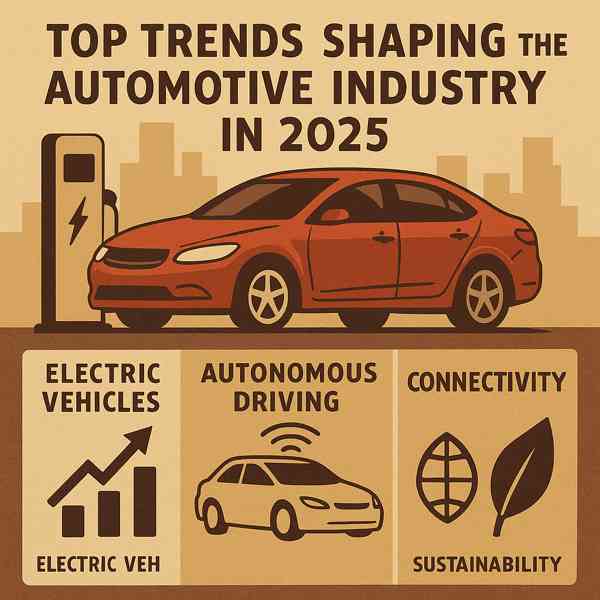Exploring Electric Vehicles: Why EVs Are Taking Over

Electric vehicles (EVs) are transforming the way we think about transportation.
As battery technology improves and infrastructure expands, owning an electric vehicle has never been more accessible.
What Are Electric Vehicles?
Electric vehicles are powered entirely by electric motors, rather than traditional internal combustion engines.
What powers EVs:
- Replaces the internal combustion engine
- Stores the electrical energy
- Manages energy flow from battery to motor
- Allows the vehicle to recharge from external sources
Electric vehicles come in various types, such as plug-in hybrids (PHEVs)—each with different levels of electrification.
Benefits of Electric Vehicles
The rise of electric vehicles is fueled by their clear advantages.
Major benefits include:
- Reduced maintenance needs
- No tailpipe emissions
- Quiet and smooth ride
- Rebates and subsidies in many regions
For eco-conscious and cost-aware drivers, electric vehicles are an increasingly forward-thinking choice.
Challenges of Electric Vehicles
Understanding the limitations of electric visit this website vehicles will help you make an informed decision.
Potential drawbacks to keep in mind:
- Limited driving range
- Longer trips need planning
- More expensive upfront than comparable gas models
- Battery lifespan and replacement
As technology advances and infrastructure improves, many of these challenges are becoming more acceptable.
Exploring EV Variants
Not all electric vehicles are the same.
EV formats explained:
- Battery Electric Vehicles (BEVs)
- Can switch between electric and fuel power
- Combines electric and gas power but cannot plug in
- Emit only water vapor
Each type has its pros and cons, so buyers should understand the differences.
Understanding Charging Options
Charging an electric vehicle is convenient once you understand your options.
Types of EV charging stations:
- Level 1 Charging
- 240V outlet at home or public stations
- Can charge 80% in under an hour
- Wireless or inductive charging (emerging tech)
As public charging networks expand, EV owners will enjoy even more accessibility and peace of mind.
What’s Next for EVs?
Electric vehicles are here to stay.
Where EVs are going:
- Higher energy density and faster charging
- Turning cars into energy assets
- Autonomous electric vehicles
- More choices at lower prices
As innovation continues, EVs will become more dominant in the automotive world.
Conclusion
Electric vehicles represent a major shift in how we think about mobility.
From environmental benefits to cutting-edge tech, electric vehicles offer a exciting alternative to traditional cars.